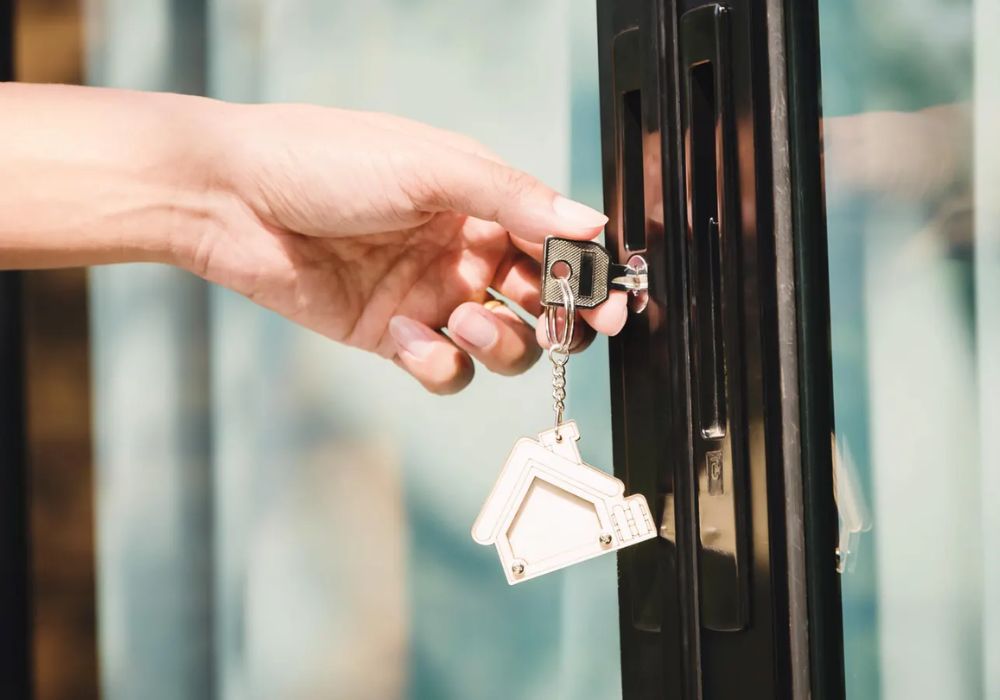Squatting, when someone occupies an unoccupied property without permission from the owner, is an unfortunate situation. In this article, we will discuss the rights of utility companies when dealing with properties occupied by squatters.
Can you turn off utilities on a squatter?
No, you cannot legally turn off utilities to force out a squatter from your property.
Doing so is considered as constructive eviction according to most state laws, which is illegal. Shutting off essential utilities would make the living conditions uninhabitable and amounts to forcibly removing someone from their residence without due process of law.
Related: Squatters Rights In Texas
What is constructive eviction?
Constructive eviction refers to situations where a landlord performs certain actions or fails to fulfill obligations that ultimately deprive the tenant of the beneficial use or enjoyment of the rented property. Common examples include failing to maintain essential facilities like water, electricity, heating etc.
It is considered an unlawful means of removing a tenant without valid legal procedures like serving proper eviction notices.

What are the legal eviction procedures?
Proper legal eviction of a squatter involves multiple steps like serving written notices to vacate, filing an eviction or ejection lawsuit if they fail to leave, attending relevant court hearings and obtaining a valid writ/order of possession before law enforcement can assist with the physical removal. Shutting off utilities circumvents due process and can backfire in additional legal troubles for the property owner.
What rights do squatters have?
In many states, squatters who occupy a residential property for a certain period of time (often 30 days or more) are provided basic rights of possession and cannot be immediately removed without legal cause. This includes the right to receive legitimate written notices and have an opportunity to present their case in an unlawful detainer/eviction court hearing.
Ignoring legal procedures sets the stage for potential complaints of harassment or other counterclaims from squatters.
What alternatives are there to forcibly removing them?
Instead of taking the law into own hands, consult local tenant attorneys to fully understand the specific eviction laws and procedures applicable based on the situation. Serve official written notices to vacate as required by code.
If squatters refuse to leave, file an eviction lawsuit and request a court hearing to obtain a lawful writ/order for their mandated removal by law enforcement officials only. Harassment or intimidation tactics are prohibited.
What are potential legal consequences?
Taking actions like utility shutoffs to forcibly remove squatters without a lawful court order amounts to criminal trespassing and/or wrongful or constructive eviction in many areas.
Squatters could potentially pursue retaliatory legal claims for damages, attorney fees or even countersue for any harm caused due to illegal lockouts or denied facilities.
The property owner risks fines, fees or other penalties from courts or administrating bodies. It is best avoided.
What if utilities were not in my name?
Even if all utilities were not originally placed under the property owner's name due to squatters occupying the property unlawfully, abruptly discontinuing services needed for basic living conditions still constitutes an illegal eviction.
State landlord-tenant laws apply to protect squatters from harassment once their occupancy crosses over to legal rights as tenants, regardless of account details. Due process must be followed.
How can squatters be removed legally?
The proper steps are to first serve official written notices to vacate within the timeframe specified by local statute. If squatters do not leave by deadline, file an eviction lawsuit in court to request a mandatory hearing. Present evidence of ownership/right to possession as well as squatters being notified sufficiently in person or via post.
If a judge rules in favor, a court order or writ can be issued for law enforcement to physically remove squatters from the premises only.
Conclusion
In conclusion, while having squatters occupying a property against the owner's will is an understandably frustrating situation, taking the law into one's own hands by shutting off utilities or other self-help eviction tactics is illegal and can backfire with further liability.





